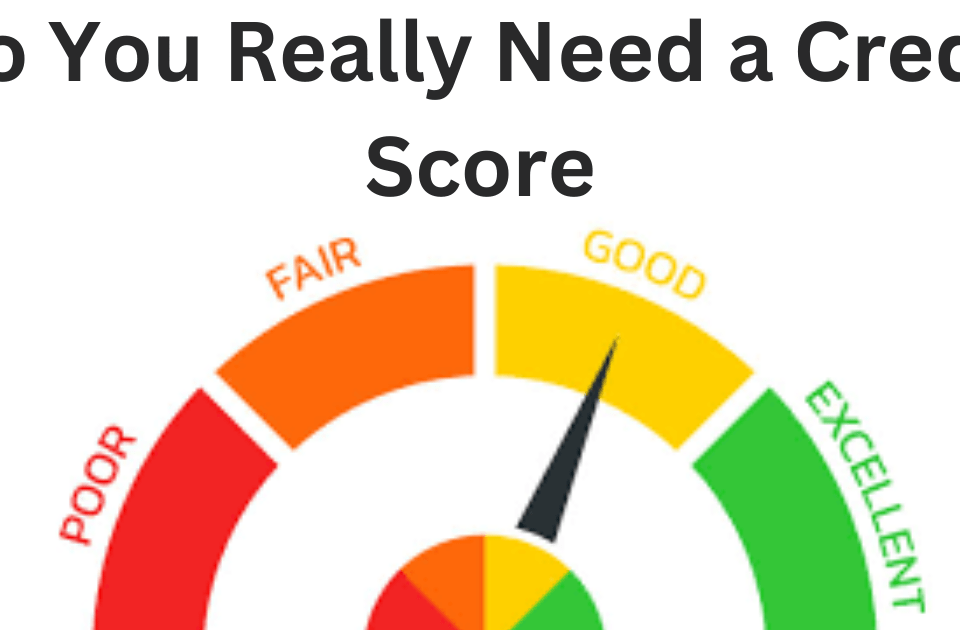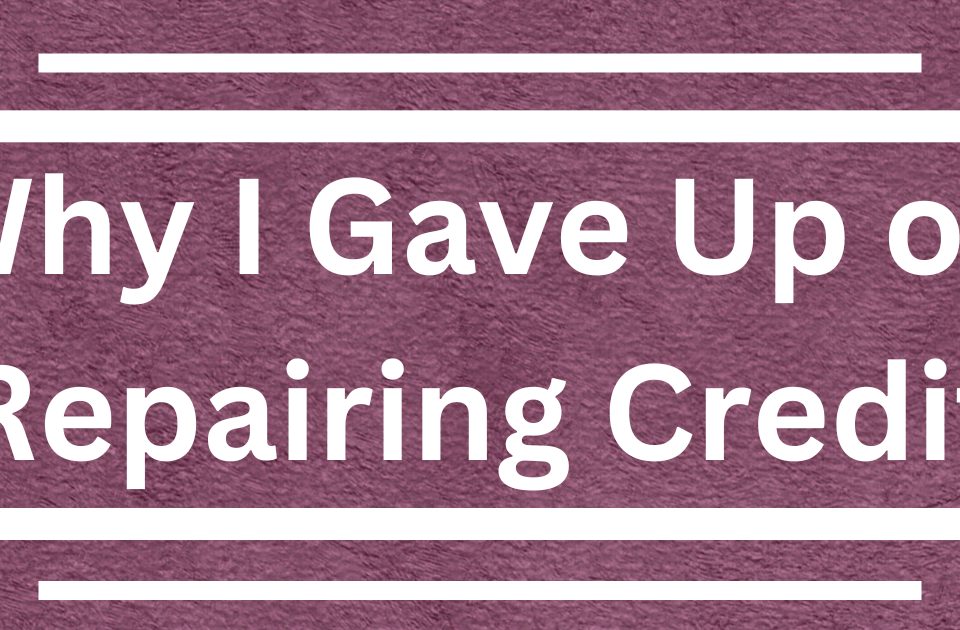What Happens When I Pay Off Collections?

What are Some Common Credit Repair Scams?
May 21, 2021
What is Experian’s Credit Boost?
May 21, 2021What Happens When I Pay Off Collections?
Many consumers seem to assume that their credit score will improve and be better if they pay off collections. Here’s a newsflash – this is not really the case. Just so you know, negative remains can stay on credit reports for a maximum of 7 years and there will only be an improvement in your score once this listing has been removed.
Collection Accounts – What are They?
Collection accounts are credit report entries that indicate default on previous obligations. Original creditors may have sold off the defaulted debts to the debt buyer or have consigned the debts to collection agencies. It is not surprising the collector’s goal is working on the client’s behalf to have the defaulted debt collected from the debtor or as much as this as possible.
These collection accounts are usually reported to credit reporting agencies. These are allowed to stay on the credit reports for as long as 7 years from the first date delinquency of the original debt according to the FCRA or Fair Credit Reporting Act.
The Effects to Pay Off Collections on Credit Report
The impact of paying off collection accounts completely will not go away in an instant. You still need to wait until this has reached the statute of limitations prior to its removal from your credit report. As mentioned earlier, this will normally take about 7 years. Thankfully, older information will have less impact on your credit score.
Although your credit score will not improve if you pay off collections, there are several ways that you can use it to your advantage:
- You can prevent debt collection lawsuits as a result of credit card or medical bills.
- This will help you avoid interest fees from debt collectors. A debt collector constantly sells and buys accounts and may continue charging you fees and interest on the purchased accounts.
- This will appear on the credit report as settled or paid in full. It can have a positive influence on the lenders who are probably looking way beyond your credit score and check your credit history instead. Those who pay back an extremely past due account will reflect better financial responsibility compared to those who never managed to pay it.
- You can eventually take advantage of the latest FICO Score model. Even though the rollout of the FICO 9 is rather slow, most lenders will still eventually use it. This model will give lesser weight to the medical bills and completely ignore paid accounts in collections.
Most of the negative credit details such as collections should be eventually removed from the credit reports according to the law. However, it will still be in your best interest if you try settling or paying the debt as fast as you can. Don’t forget that the newer models for credit scoring don’t pay attention to zero balance collections, unlike the older models. If you don’t think you can handle this on your own, you can always seek the help of experts who can simplify the whole process for you.




